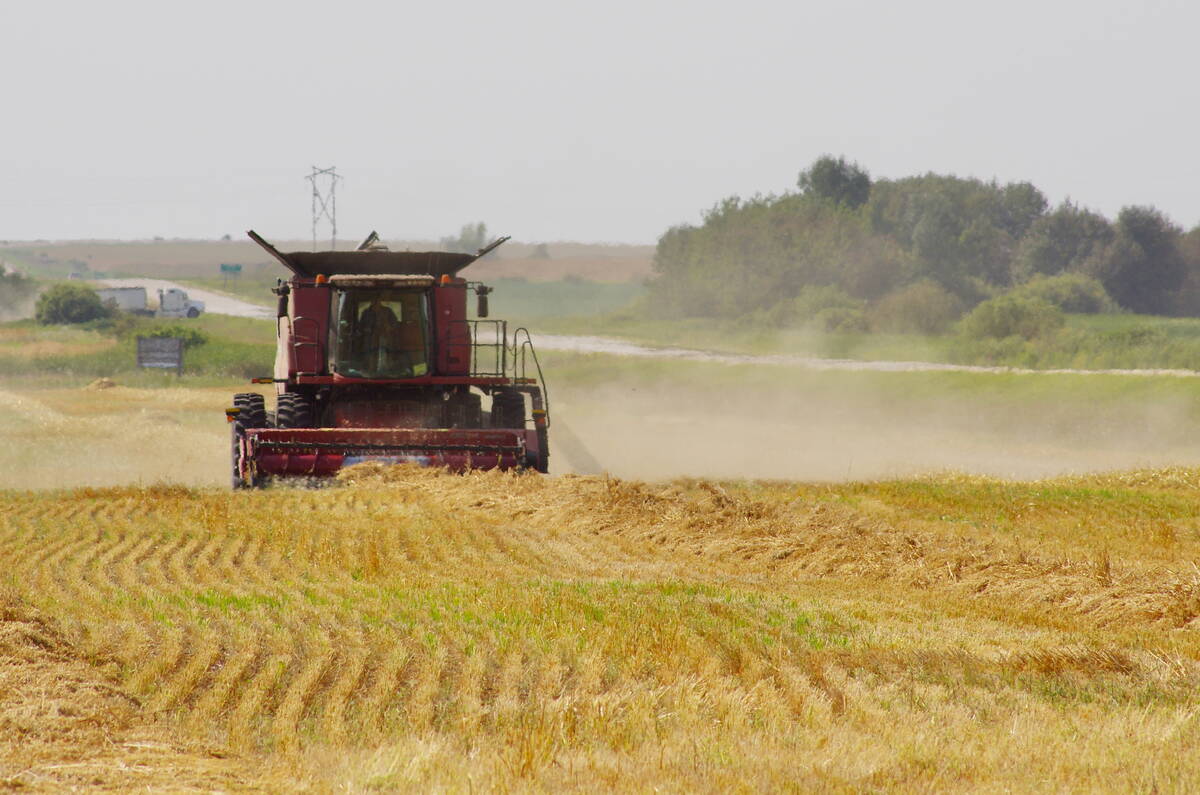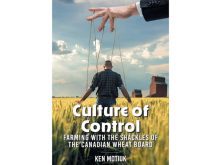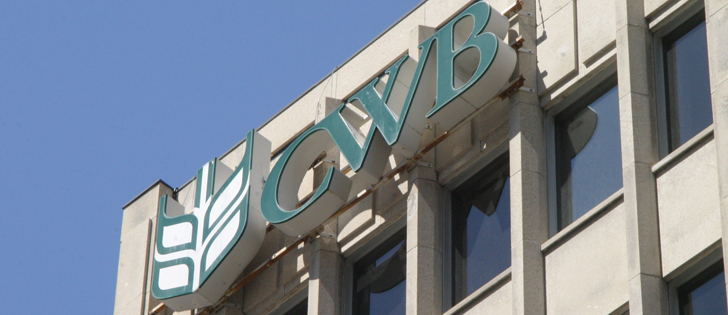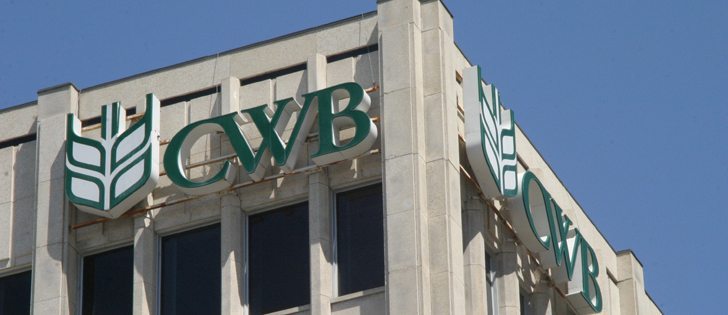Western Canada’s new leaner CWB will not be conducting its annual variety survey this year.
CWB spokesperson Maureen Fitzhenry said corporate downsizing has forced the agency to scale back programming and focus on core marketing initiatives.
The variety survey was launched in the late 1990s and was viewed by the industry as an important tool for farmers, plant breeders, grain marketers and end users of western Canadian wheat, durum and barley.
It provided valuable information about producers’ varietal choices and commercial uptake of newly registered varieties. It also allowed the wheat board and other grain companies to anticipate changes in the end-use characteristics of Western Canada’s grain crop and keep domestic and foreign buyers updated on potential changes in milling, brewing and processing properties.
Read Also

Herbicide resistance sprouts in Manitoba’s wild oats
Farmers across Manitoba this fall are gearing up for the latest salvo in what, for many, has become a longtime battle to beat out wild oats.
The CWB has also terminated a scholarship program that has been in place since 1976, as well as its organic market development initiative, wheat and barley research and other grain industry initiatives.
“(There will be) no more variety survey, no more scholarships and no more involvement in the organic industry or organic marketing,” Fitzhenry said.
“In the new environment, the CWB has streamlined its operations for the new competitive marketplace so it will be no longer possible to provide all the services that it could perform in the past.”
Although farmer participation in the CWB’s variety survey had been declining over the past few years, the loss of the program has not gone unnoticed by the grain industry.
Earl Geddes, executive director of the Canadian International Grains Institute, said discussions are taking place to determine if a similar survey can be conducted by another organization or if new funding can be secured from other industry stakeholders.
“We here at CIGI get a lot of value out of knowing regionally what the variety mix is for wheat because every variety is a wee bit different than the other one,” he said.
Murdoch MacKay, commissioner with the Canadian Grain Commission in Winnipeg, said work is taking place to determine if similar information can be obtained this year.
“We’ve got some more work to do but … we’re hopeful that we can get … this information for the crops that were grown this year.”
The CWB has conducted the variety survey since 1998.
Survey paperwork was mailed annually to all wheat and barley producers in Western Canada, asking them to share information about the varieties of wheat, durum and barley they planted.
Nearly 10,000 producers took part in the survey in 2006 but that number had fallen to roughly 5,000 last year.
CWB spending on scholarships has also ended.
Expenditures through the wheat board’s scholarship program varied but usually ranged from $250,000 to $400,000 per year.
Until this year, the CWB has provided scholarships and bursaries to students at the University of Manitoba, the University of Saskatchewan, the University of Alberta, Lakeland College and Olds College.
More than 40 undergraduate awards were offered each year at values of $500 to $1,750 per student.
The board also awarded four multi-year graduate fellowships worth $33,000 per recipient and an annual scholarship in agricultural economics worth $25,000.
Fitzhenry said existing scholarship and fellowship commitments will be honoured, but no new awards will offered in 2012-13.
Spending on scholarships, research and other special initiatives was financed through a special CWB account that contained revenue from unused producer payments.
Money from uncashed grain cheques was directed into the special account and could be used, with government approval, for purposes deemed beneficial to prairie grain producers.
Over the past decade, the value of that account had normally been $2.4 to $5 million.
Beginning this year, the fund balance of $2.5 million, along with new revenue from uncashed producer payments, will be redirected into the CWB’s contingency fund, Fitzhenry said.
Producers who wish to claim payments for stale-dated cheques can still do so, but growers must contact the CWB to initiate the payment process, she said.
In the past, the wheat board has contacted growers to inform them about unclaimed payments.
“We don’t have the capability in the new environment to do the same amount of follow-up with producers,” said Fitzhenry.
The wheat board’s Organic Sector Market Development Initiative contributed as much as $200,000 per year to support organic research and market development projects.

















